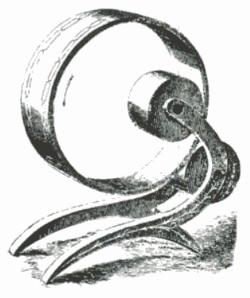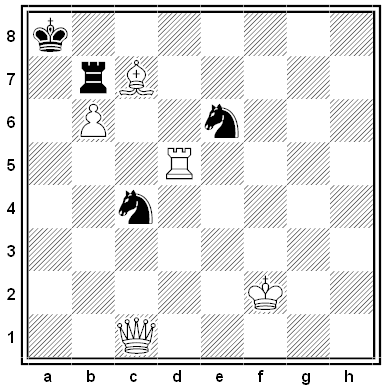If a pane of green glass gives the things behind it a green colour, it turns white to green, red to black, yellow to greenish yellow, blue to greenish blue. The white pane should, therefore, make everything whitish, i.e. it should make everything pale; and, then why shouldn’t it turn black to grey? — Even a yellow glass makes things darker, should a white glass make things darker too?
— Wittgenstein, Remarks on Colour, 1977
‘Our Second Experiment,’ the Professor announced, as Bruno returned to his place, still thoughtfully rubbing his elbows, ‘is the production of that seldom-seen-but-greatly-to-be-admired phenomenon, Black Light! You have seen White Light, Red Light, Green Light, and so on: but never, till this wonderful day, have any eyes but mine seen Black Light! This box,’ carefully lifting it upon the table, and covering it with a heap of blankets, ‘is quite full of it. The way I made it was this — I took a lighted candle into a dark cupboard and shut the door. Of course the cupboard was then full of Yellow Light. Then I took a bottle of Black ink, and poured it over the candle: and, to my delight, every atom of the Yellow Light turned Black! That was indeed the proudest moment of my life! Then I filled a box with it. And now would any one like to get under the blankets and see it?’
— Lewis Carroll, Sylvie and Bruno Concluded, 1893






